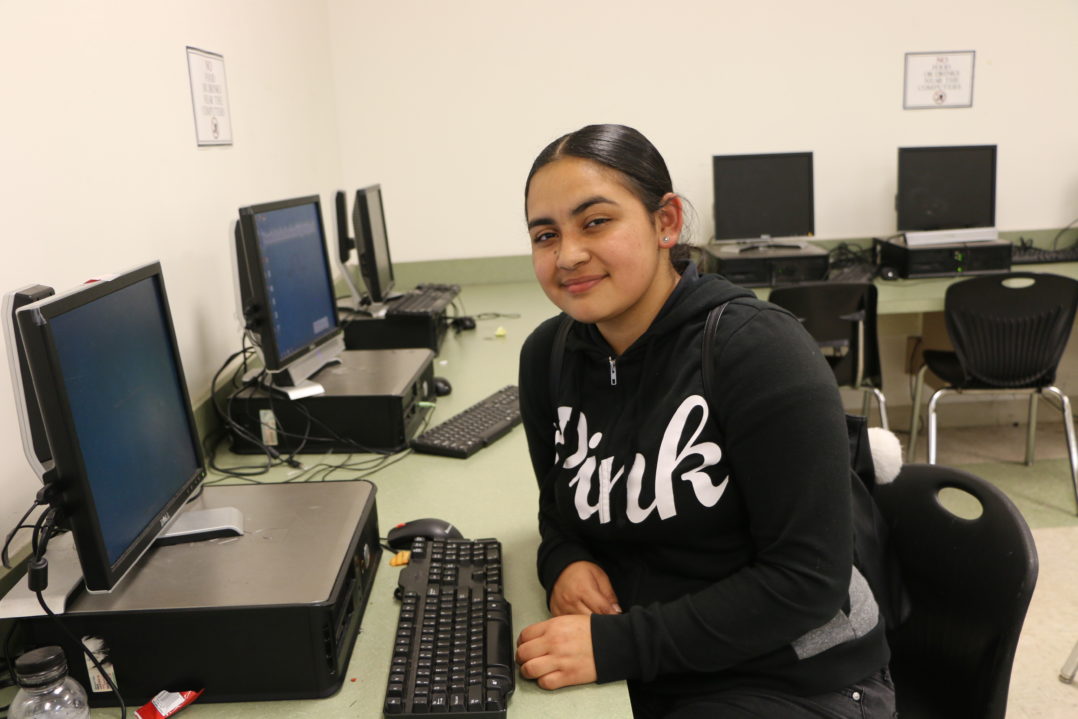Framing Florida’s Educational Problem: Floridians Aren’t Big on Taxes, But Here’s Why They’ve Been Voting to Increase Local Ones to Fund Schools

This year’s Florida elections had no education measures at the state level, but schooling issues were hot further down the ballot. That’s because local districts are carrying the weight of public funding on their shoulders.
Florida voters in nine counties approved a combined $150 million annual increase in property taxes; these funds will partially fund school programs and teacher salaries, land acquisition and other environmental proposals, children’s services, and firefighter services. In 10 counties, voters approved a combined $250 million annual increase of local sales taxes, four of which are will provide funding for local schools.
Historically, the state would pay for 50% of public schooling in all districts, but in 1986, after Florida voters approved a constitutional amendment authorizing a lottery, Governor Bob Martinez and Florida legislature introduced legislation to use the lottery as a way of providing additional funds for education. As time went on, those lottery funds began to replace some of the government funds instead of complementing them, explained UnidosUS Florida State Director Jared Nordlund.
“It creates inequities. There should be more than enough money to do have highly competitive teacher pay and targeted funded to give the necessary resources to the students that need it the most like English learners,” says Nordlund. “You’re balancing your school funding on the backs of property taxes and homeowners who aren’t seeing their fair value of education action dollars reinvested in their local schools because the state is not living up to their share of the funding.
One major example of this is Miami-Dade County where the state foots just 30% of the bill. Miami-Dade is Florida’s largest and most diverse school district, and also one of the cities with the highest levels of income disparity in the United States.
School Board Elections
During this year’s school board elections, the majority of its nine seats were up for vote this year, and three of those went to Latinas.
Luisa Santos, an immigrant from Colombia, beat County Commissioner Dennis Moss in the District 9, which includes large swaths of suburban South Dade and agricultural communities such as Homestead, on a largely progressive platform that included protecting the district’s poorest and most vulnerable students, including those who are undocumented, as well as culturally relevant teaching, social and emotional learning, better teacher pay, greater access to technology, and combatting COVID-19 inequality.
Lucia Baez-Geller, a Democrat, won 61% of the votes in a race against fellow school teacher Russ Rywell in District 3, an area encompassing Miami Beach and North Miami, which is comprised of a racially, culturally, and economically diverse cross-section of residents. She was the National Education Association’s 2013 Political Advocate of the Year, and, in addition to working with NEA, United Teachers of Dade, the Florida Education Association, Educational Excellence School Advisory Council, she has shown explicit support for social inclusion by working with the Association of Latino Administrators and Superintendents (ALAS), Media Ambassador for the Hispanic Scholarship Fund, and served as the Education Chair with the League of Women Voters.
In District 5, an area which includes the largely Cuban and Venezuelan suburbs of Hialeah and Doral, Christi Fraga, a Republican serving as Doral’s vice mayor won 56% of the votes against her Democratic counterpart Dr. Mara Zapata, the vice mayor of neighboring Miami Springs. Fraga coincided on many of the same issues as her Latina Democrat counterparts, including greater school safety, increased teacher pay, increased outreach and communications between schools and families, and greater access to technology.
This month, Palm Beach County School Board member Alexandria Ayala, who represents District 2, made history when she was sworn in as the school district’s first Latina member in history.
“While communities, like ours, celebrate the representation we see in Latina school board candidates that won their seats—such as first-time candidates Luisa Santos in Miami-Dade and Alexandria Ayala in Palm Beach County—it’s critical to note the priorities they voiced throughout their campaigns. Santos, Ayala, along with Christi Fraga and Lucia Baez-Geller, all emphasized teacher’s salaries, accessibility, and student health. All of them demonstrated in their platforms an understanding of the need for educational equity,” explains UnidosUS Florida Policy Analyst Raisa Sequeira.




